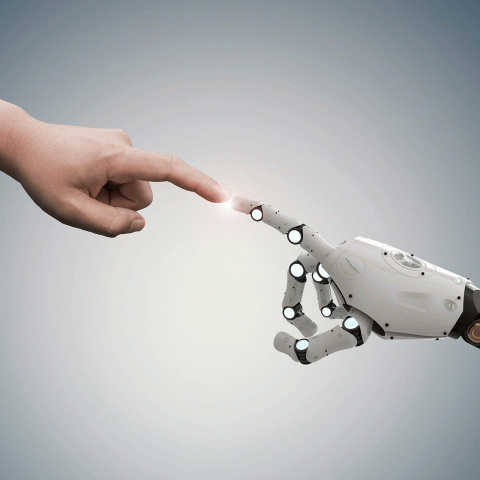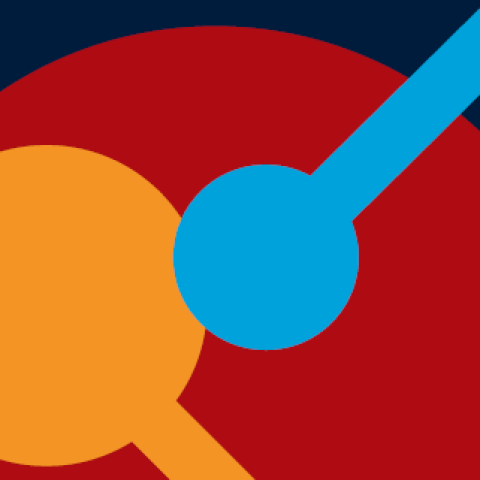Health, Skills, and Inequality test
-
Purpose
With this program we explore how Western countries can best prepare today’s youth and workers for tomorrow’s labour market and society. We study how the complex interplay of social background, cognitive and non-cognitive abilities, skills, capabilities, culture, and health explains observed inequalities in education and on the labour market. We assess how current societal and economic trends and technological innovations help to shape the labour markets of the future, study what the implications of these trends are for social inequalities, and assess how individuals, firms, and governments can best respond. We especially focus on some of the most vulnerable groups in Western societies: marginalized adolescents, NEETs, kids from socially disadvantaged families and neighbourhoods, low-skilled workers, older workers, unhealthy children, teens, immigrants.
Important questions are:
- Which skills and capacities are essential for successful participation in society and on the labour market?
- To what extent do current technological revolutions affect social inequalities in successful participation in society and on the labour market, how, and why?
- How, at what time and under which circumstances are the relevant skills best learned?
- Which circumstances, capabilities, and lifestyle choices influence our capacity to learn, grow, and flourish?
Research themes
- Automation of work and future inequalities.
- Acquisition of cognitive and non-cognitive skills.
- Health, lifestyles, and social inequalities.
- Vulnerable groups.
-
Program director
-
Related projects

Technequality
Technequality aims to improve our understanding of the relation between current technological innovations (robotisation, automation, and digitisation) and social inequalities (income, skills, education, well-being and health) in European…
read more
ai:conomics
The implementation of intelligent technologies in companies is changing our working world. Artificial intelligence (AI) changes our tasks, work outcomes, and our collaboration, among other things. These changes are already happening. The…
read more